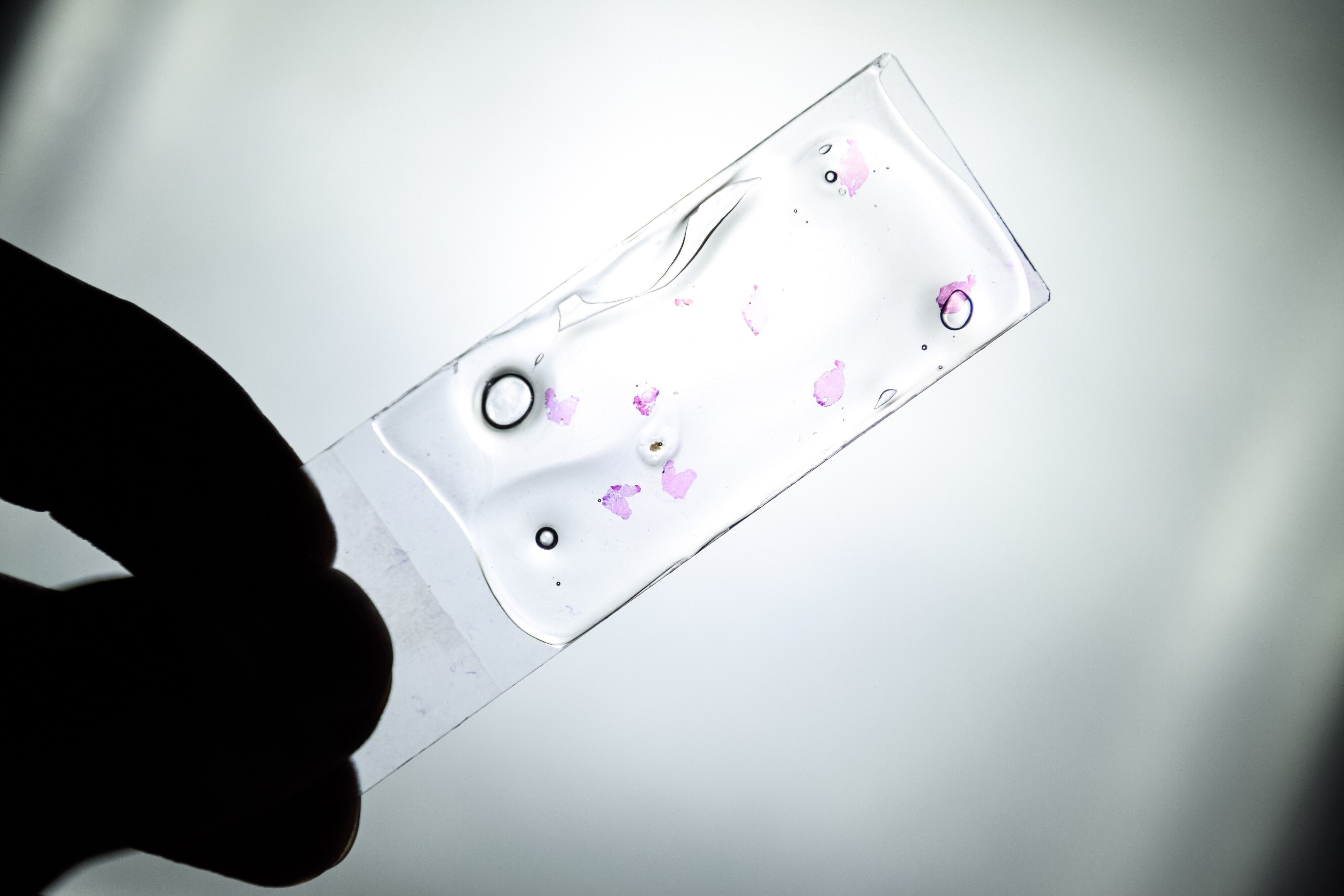KU Leuven research sheds light on immunotherapy resistance in melanoma

Researchers at the VIB-KU Leuven Centre for Cancer Biology and UZ Leuven have found out why immunotherapy does not work in some melanoma patients. They have now found a new way to make the therapy work better, VIB reported on Tuesday.
Immunotherapy is a treatment that uses the patient's own immune system to fight tumours. The technique is very common, including for patients with advanced immune diseases such as melanoma. However, it is not suitable for all patients: less than 50 per cent of melanoma patients respond well to immunotherapy. Research into why the therapy does not work well for some patients has been inconclusive.
A team of researchers at the VIB-KU Leuven Centre for Cancer Biology, led by Professor Jean-Christophe Marine, set out to describe the tumours in more detail.
Reduced immune response
The study was carried out on patients with two types of melanoma who were treated with immune checkpoint blockade, the standard treatment for the majority of melanoma patients. At the start of the study and after four weeks, the researchers were able to analyse the biopsies of the melanomas using single-cell RNA sequencing.
Using this analysis, the researchers were able to identify a cell type, the germinal mesenchymal type - a subtype that resembles stromal cells - that is indicative of a reduced immune response. These cells degrade in response to immunotherapy, which can lead to resistance to immunotherapy.
Possible solution
The researchers found that the ability of mesenchymal cells to "stop" themselves depends on a gene called TCF4. Drugs that target this gene could therefore be a viable solution to improve the success of immunotherapy in melanoma patients, the team concluded, although more research and clinical trials are needed.
In April last year, an international group of researchers led by KU Leuven announced that they had succeeded in identifying biomarkers in cancer patients that make it possible to predict how well they will respond to immunotherapy. The reason for varying responses to immunotherapy in different types of cancer patients was, until then, unknown.
#FlandersNewsService | Slices of tumor under glass © PHOTO EASY FOTOSTOCK
Related news
